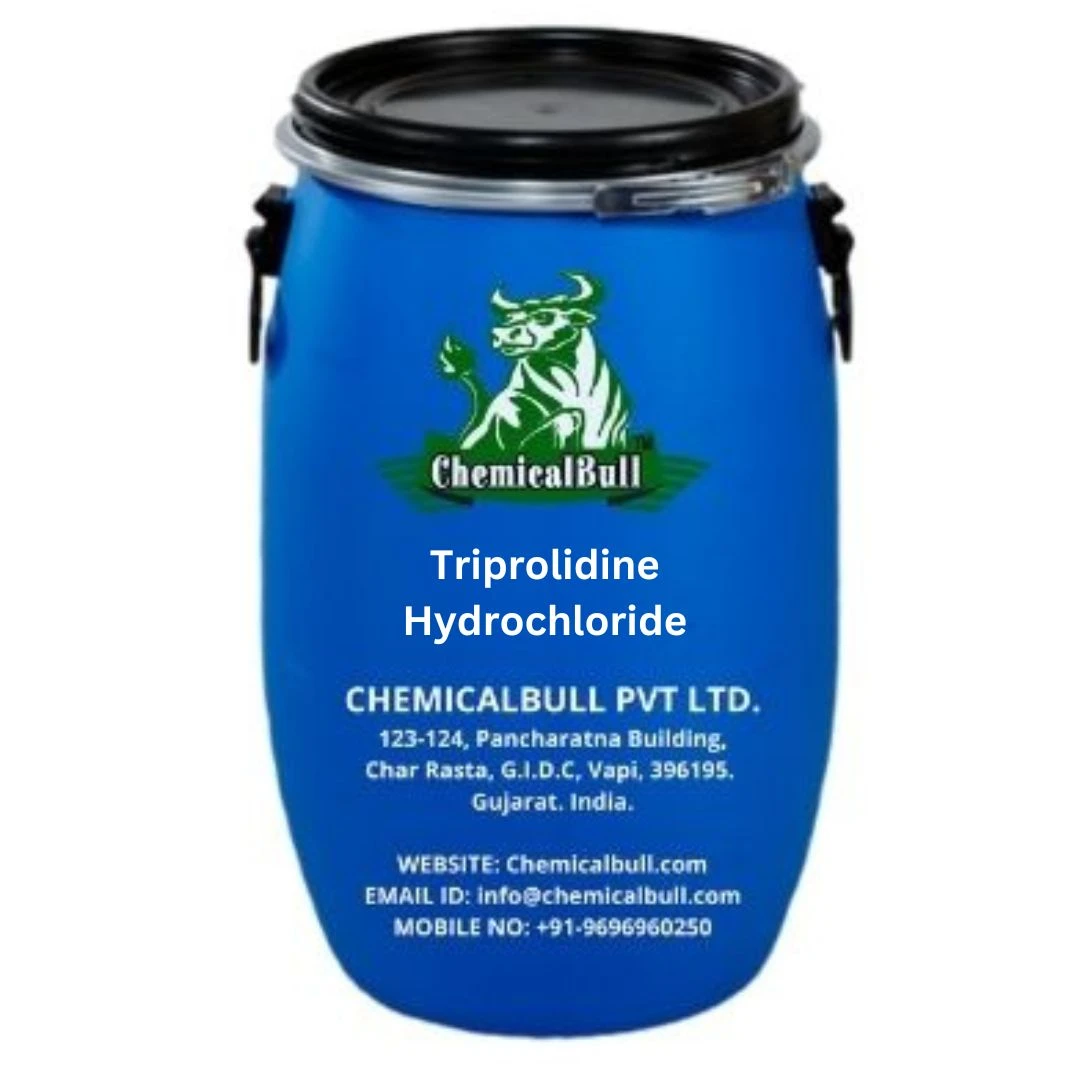Chemical compounds called chlorides are made up of chlorine atoms mixed with other elements. They can be found in many different forms in nature, from basic table salt to intricate minerals. Because of its many uses, an understanding of chlorides is essential to many fields, including biology, chemistry, and environmental..
Chemical compounds called chlorides are made up of chlorine atoms mixed with other elements. They can be found in many different forms in nature, from basic table salt to intricate minerals. Because of its many uses, an understanding of chlorides is essential to many fields, including biology, chemistry, and environmental science. Table salt, or sodium chloride (NaCl), is one of the most well-known chlorides. It is vital to human health, being involved in nerve function, fluid management, and electrolyte balance maintenance. Additionally, food preservation, flavor improvement, and chemical manufacturing processes all make extensive use of sodium chloride. Calcium chloride (CaCl₂) is another significant chloride chemical with a wide range of commercial uses. It is used in the making of concrete to quicken the setting process, as a desiccant to absorb moisture, and as a de-icing agent for roadways in cold areas. Calcium chloride is also used as a source of calcium supplements and in medical therapies for diseases like hypocalcemia. Although hydrogen chloride (HCl) is a very dangerous and caustic gas, it may be dissolved in water to create hydrochloric acid, which is a necessary reagent for industrial processes, chemical synthesis, and laboratory applications. Pickling steel to get rid of impurities and making fertilizers, colors, and medications are all made with hydrochloric acid. Additionally, chlorides are essential to the chemistry and biology of the environment. For example, seawater contains a lot of chloride ions, which change its salinity and have an impact on marine ecosystems. Chloride levels in freshwater systems are tracked as a sign of contamination from sources like industrial discharges and road salt runoff. Chloride ions are also necessary for a number of physiological functions in both plants and animals, such as enzyme activation and osmoregulation. In conclusion, chlorides are a broad class of substances with a variety of uses and importance in different domains. Chlorides are essential to many processes in business, healthcare, and the environment. They can be found in commonplace materials like table salt or in industrial compounds like hydrochloric acid. For the advancement of science, technology, and sustainability initiatives, it is crucial to comprehend their characteristics, actions, and effects.
You can explore more about Chlorinated Hydrocarbons, which are a group of chemicals that include various industrial solvents and pesticides. Additionally, Baricitinib is a medication used to treat moderate to severe rheumatoid arthritis and is also being investigated for its effectiveness in treating COVID-19.




